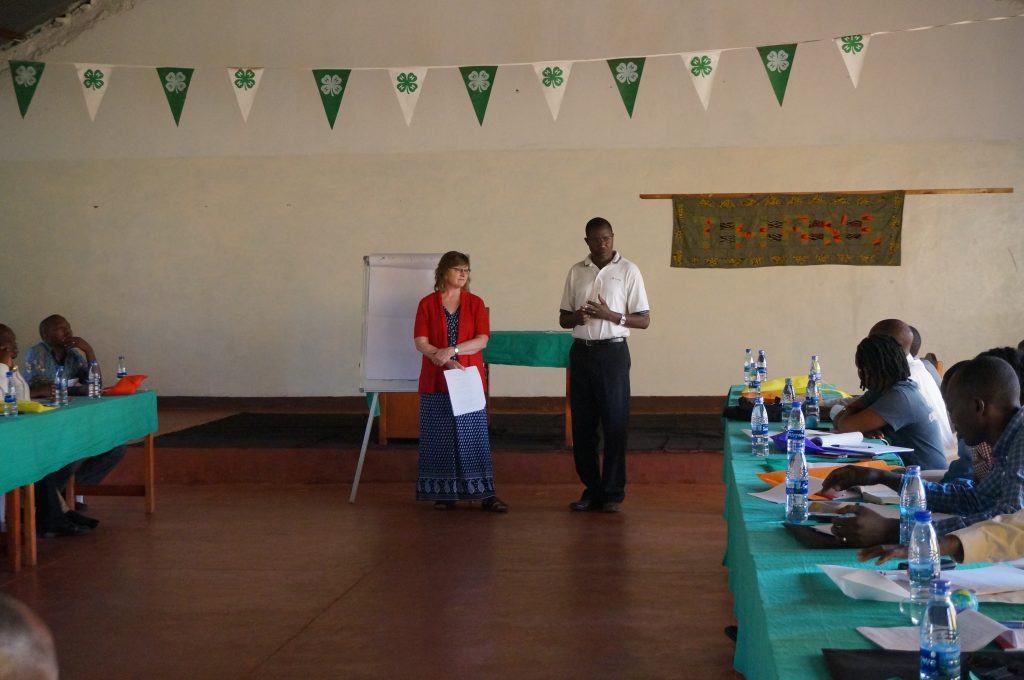I am part of a non-profit, Development and Research Innovations (DRI), which goes to East Africa to teach every two years. We are privileged to partner with THARS, Trauma Healing and Reconciliation, a local group in Burundi, a war-torn country for many years. David Niyonzima, the founder of THARS, knows that civil war will continue to occur unless the people heal from their trauma and then are able to seek reconciliation.
Forgiveness was one of the topics our DRI team taught to counselors in Burundi. While preparing our material, I had asked God if there was anything we were missing. The topic of forgiveness came to mind. I wondered how I could teach forgiveness to people who had to forgive far more than I can imagine. Later I asked our Kenyan counselor here at PCPC what she recommended we teach in Burundi. She immediately said, “Forgiveness.” I took that as confirmation and looked for resources to help prepare.
I was really impressed with Everett Worthington’s book, A Just Forgiveness: Responsible Healing without Excusing Injustice. Dr. Worthington is an expert on the topic of forgiveness, and in this book, he addresses intrastate conflicts. This type of diplomacy involves opinion leaders teaching and facilitating peace processes with the people with whom they work every day.
The teaching on forgiveness was well received. At one of our meals, some of the participants in our sessions told us about the THARS projects they are doing. The seminar we taught was part of that same process. To see the participants taking notes and eagerly asking questions was a joy. I am amazed that God has allowed us to be a part of diplomacy in Burundi.
Usually in Burundi people think of justice only in the courts, but it was gratifying that those in the seminar could see that justice can occur outside the courts. When asked for examples of community justice, they gave great examples: A man who is sorry to have talked bad about someone will bring beer to a group who is talking outside in a circle and publicly apologize for his negative gossip. A man who is sorry for beating his wife will buy her a new set of clothes. Some boys who burned down a coffee field will be made to clear a new field and plant new coffee plants. They were able to see how these actions lessen the injustice gap and make people more likely to forgive.
We also did Worthington’s exercise of stretching out arms and holding an imaginary grudge in closed hands as if holding a little bird. The participants fully engaged and could see how the sore arms and shoulders represent the poisoning of one holding a grudge. They told me that the exercise would be helpful with their clients.
We then explored Worthington’s REACH process of forgiveness, which also resonated with the participants. (REACH = Recall the hurt. Empathize. Altruistic gift. Commit. Hold onto forgiveness.) At the end, one of the participants told me these concepts were things she had never heard before. She said that forgiveness is not talked about often and that the idea of a Just Forgiveness is a new concept. The program director for THARS told me that he will be using these tools in the programs he runs to help people practice forgiveness.
How grateful I am that we had the wonderful resources from Dr. Worthington to include in our teaching!

